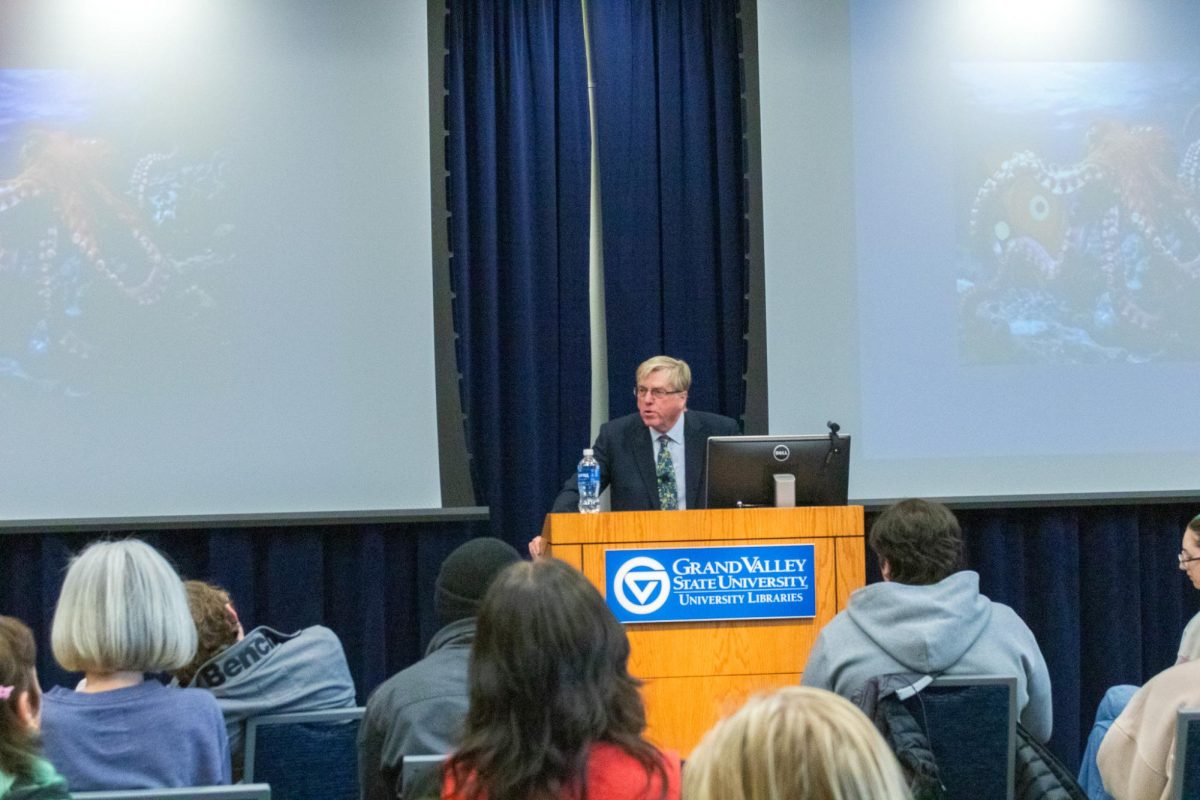What happened in Bolivia was a coup, and the US is responsible
Nov 18, 2019
It was Oct. 21, 2019 when the first indigenous president of Bolivia, Evo Morales, had been elected to a fourth term. About 3 weeks later, on Nov. 10, the leftist president fled Bolivia on a plane to Mexico, fearing for his life.
It started with accusations from his detractors of “election irregularities” which ultimately cast doubt on Morales’ victory. The claims got the attention of the Organization of American States (OAS), a dubious regional organization based in the Western Hemisphere that was founded in 1948. The OAS agreed to audit the election and, after just 10 days, the OAS prematurely announced that it had indeed confirmed the existence of “election irregularities” with no independently verified data provided.
Despite the unsubstantiated claim, it was enough to set the already volatile country into complete meltdown. The military head of Bolivia asked Morales to resign. The police force defending the president had already abandoned him, joining violent anti-government protesters in the streets.
Morales was on his way to Mexico when his entire cabinet had resigned. Later in the day, police arrested 38 members of an independent election commission. Morales’ home was raided and ransacked, reportedly, along with his sister’s.
The violent protests that occurred in Bolivia so far have been carried out by far-right extremists, intolerant of Morales’ gains on social issues such as discrimination and poverty. Anti-indigenous sentiment runs deep in opponents of Morales, with many of them originating from the affluent Santa Cruz area that opposes Morales social programs that have raised taxes.
Although racism is surely apart of crisis, it has been the United States that has played a key role in orchestrating this uprising, and without their involvement, would have likely never happened.
The organization that set off the chain of events which caused Morales to flee is known for having an unscrupulous relationship with the US. The OAS, based in Washington D.C. has a history of using subversive tactics to combat leftism in Latin America.The report it issued on the Bolivian election was unspecific and thoroughly disproven by the Center for Economic and Policy Research, which showed the election data was not irregular.
But that’s not all, as multiple top players in the coup have direct ties to the US as well.
The leader of Bolivia’s military, Williams Kaliman, who asked Morales to step down, served as a military attaché in the Bolivian embassy in the US capital in 2013. He also received training at the infamous “School of the Americas” (now WHINSEC) which has been responsible for training some of the worst human rights violators and infamous coup planners in Latin America.
The commanding general of the police force, Vladimir Yuri Calderón Mariscal, who defected from the president to join the violent protesters, served as a police attaché in D.C. years ago. As part of the Police Attachés of Latin America in the United States of America (APALA) his work included helping to build relations between U.S. authorities and police attaché’s from OAS member states. While the APALA website has been shut down, the organization’s Twitter and Facebook pages remain online.
While it’s true that Morales was an unpopular president to many, his ousting is nothing short of an opportunistic military coup straight out of the United State’s Cold War playbook. The irregularities in the Bolivian election are nonexistent, making any attempt to portray him as an illegitimate president baseless.
There have been some American political leaders on social media that have been outspoken in declaring this crisis a coup, which some deny. It’s important for the sake of democracy that we support these politicians, so that our country does not walk away from manipulating this crisis without accountability, and perhaps so stability can return to Bolivia.






















